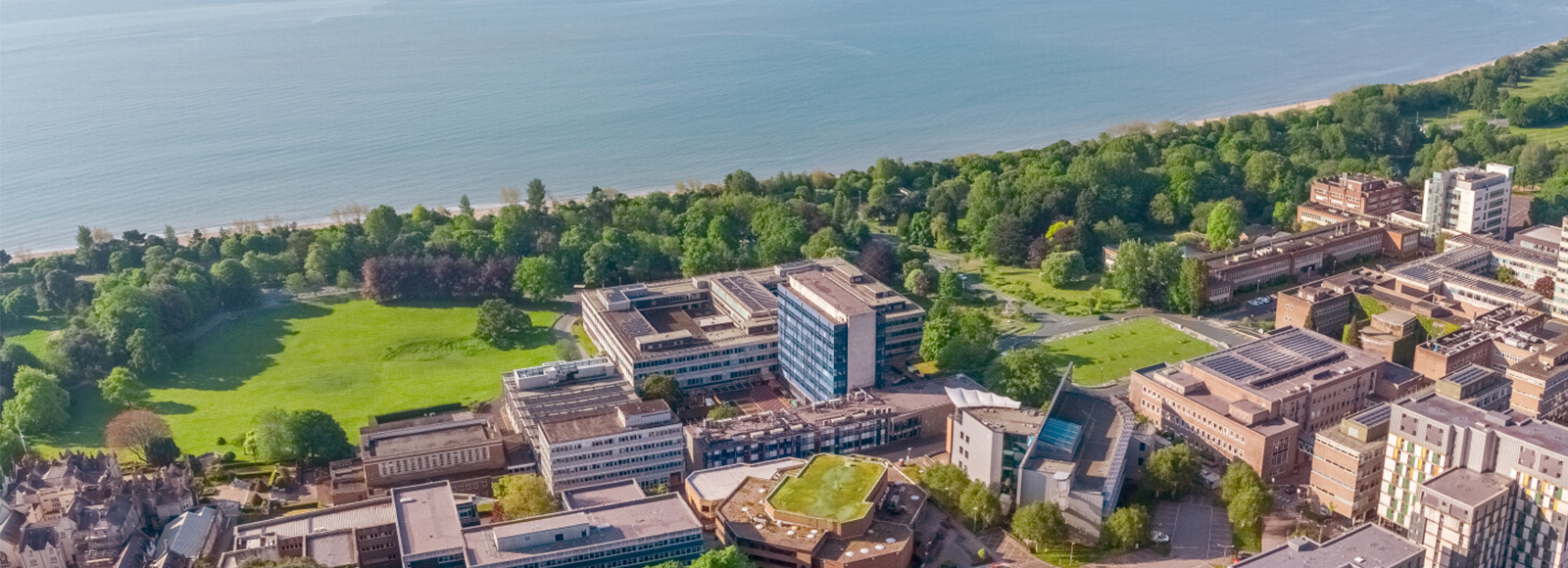This programme has specific requirements when applying and includes an interview therefore please refer to the ‘How to Apply’ section below before submitting your application. The programme has a limited number of places therefore it is recommended for applicants to apply as early as possible.
Are you fascinated by the psychology of crime and criminal investigation? Do you want to learn about those who commit crime and how we might foster offence free living? Would you like to understand more about professional practice as a forensic psychologist? This master’s degree has been designed to provide a thorough grounding in Forensic Psychology as required for Stage 1 training as a forensic psychologist accredited by the British Psychological Society.
In this MSc you will develop and apply psychology knowledge to criminal investigation processes, working with those who offend and working with other professionals in the criminal justice system. You will also undertake a large scale research project in which you will examine an area of forensic psychology theory and practice.
This course has excellent links with statutory and third sector services such as probation, prison, forensic mental health and third sector services. Staff from these teams are actively involved in providing teaching and opportunities for research to students on this programme.









